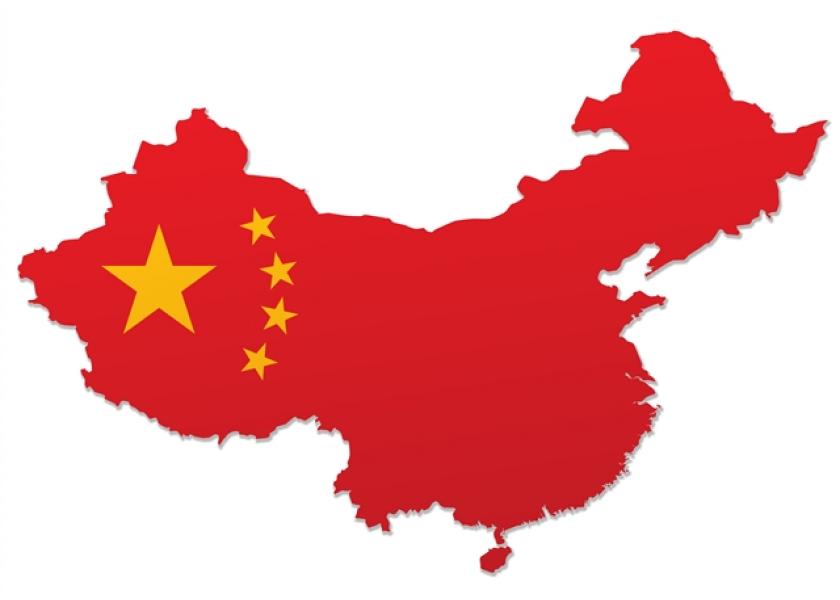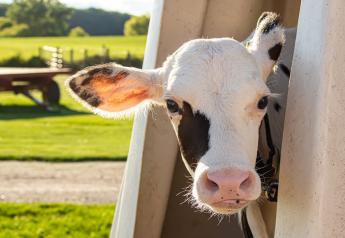China Import Recovery Hampered

China has backed way off on its imports of dairy products since its peak buying period in 2014, and those in the industry who are waiting for China’s return to the same volume of buying could be waiting a long time.
“Many in the dairy sector recognize China as a major importer of dairy ingredients, but fewer are aware that China is also the world’s fourth largest milk-producing country,” says Mary Ledman, dairy economist with the Daily Dairy Report and president of Keough Ledman Associates Inc., Libertyville, Ill.
According to a report from USDA’s Foreign Agricultural Service (FAS) Global Agricultural Information Network (GAIN), China’s 2015 milk production of 37.25 million metric tons is expected to match 2014 production.
Next year, however, milk production is expected to increase to 38 million metric tons as China’s dairy herd grows by 100,000 head from this year’s 8.4 million. “The slight gain in milk production also reflects improved genetics from imported animals that are expected to improve milk per cow,” says Ledman.
Australia is the leading source of live dairy cattle exports to China, and the free trade agreement recently signed by the two countries should strengthen Australia’s top position in live cattle exports. China banned live cattle imports from the United States in late 2003 when bovine spongiform encephalopathy (BSE) was detected in a cow in Washington state.
According to the GAIN report, 2015 farm-level milk prices in China have fallen by about 20 percent from their peak in early 2014, and prices are expected remain low in 2016 due to depressed international prices from increased production in Europe and New Zealand.
“The continued low milk prices forced many smaller farms to close and accelerated ongoing structural changes in the industry,” the report notes. These structural changes include a shift toward larger-scale dairy farms to improve efficiency and reduce costs.
China is expected to be the world’s largest producer of whole milk powder in 2016 with 1.5 million metric tons, followed by New Zealand with 1.375 million metric tons, according to the report.
“In addition to being the world’s largest producer of whole milk powder, China is forecast to import 400,000 metric tons of whole milk powder to augment domestic production,” says Ledman. “But this is only 50,000 metric tons more than China’s projected 2015 whole milk powder imports, and it pales in comparison to the 671,000 metric tons imported in 2014. In other words, if China’s domestic milk production is on track, then China’s imports are unlikely to rise to a level to move global whole milk prices significantly higher.”
Whole milk powder in China is used for infant formula, milk beverages, reconstituted milk, ice cream, and the bakery sector.







